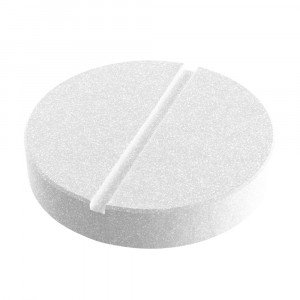 Welcome
Welcome
“May all be happy, may all be healed, may all be at peace and may no one ever suffer."
- A
- B
- C
- D
- E
- F
- G
- H
- I
- J
- K
- L
- M
- N
- O
- P
- Q
- R
- S
- T
- U
- V
- W
- X
- Y
- Z
Terbutaline Sulfate - Brands
Terbutaline is a relatively selective β2-adrenergic bronchodilator that has little or no effect on alpha-adrenergic receptors. The drug has exerts a preferential effect on β2-adrenergic receptors but stimulates beta-adrenergic receptors less selectively than relatively selective β2-agonists. Terbutaline appears to have a greater stimulating effect on beta-receptors of the bronchial, vascular, and uterine smooth muscles (β2 receptors) than on the beta-receptors of the heart (β1 receptors). This drug relaxes smooth muscle and inhibits uterine contractions, but may also cause some cardiostimulatory effects and CNS stimulation.
The pharmacologic effects of terbutaline are at least in part attributable to stimulation through beta-adrenergic receptors of intracellular adenyl cyclase, the enzyme that catalyzes the conversion of adenosine triphosphate (ATP) to cyclic- 3',5'- adenosine monophosphate (c-AMP). Increased c-AMP levels are associated with relaxation of bronchial smooth muscle and inhibition of release of mediators of immediate hypersensitivity from cells, especially from mast cells.
To be happy, beautiful, healthy, wealthy, hale and long-lived stay with DM3S.

